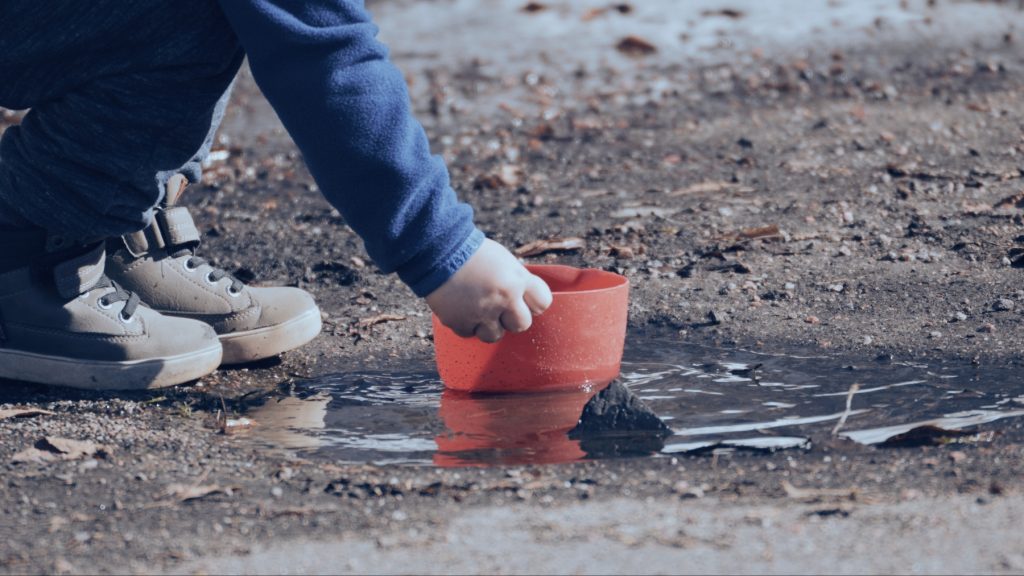
IF, a technology company, developed a water purification system that promises to end the reliance on bottled water.
- Through vapor compression, the machine takes unsafe-to-drink water and turns it into safe, potable water.
- They have successfully tested it out on water from the Glasgow Canals, which have been polluted through industrial activities.
Technology company IF has developed a water purification system that makes undrinkable sources safe to consume, possibly ending the reliance on bottled water.
The world is currently struggling with securing safe drinking water. There are concerns about microplastics, hormones, pesticides, and heavy metals in piped water. Considering that traditional purifiers often fail to address these contaminants, this has led to an increase in reliance on bottled water. This would have been fine had we had proper recycling facilities for these discarded bottles. Alas, almost 45% of the 1.3 billion plastic bottles purchased globally each day end up polluting the oceans.
IF’s new system is a miniature vapor compression distillation device that uses vapor compression technology, like the one in your A/C, to purify water. It purifies the water in just 45 minutes without using consumable parts or chemicals, and removes even the most stubborn parasites and contaminants. The team aims to decrease the world’s reliance on bottled water by providing a machine small enough to have a permanent place in a home.
Hope from Glasgow
But first, they are starting small with trials on the Glasgow canals in Scotland. Historically, industrial activities and urban runoff have contributed to the pollution levels in the canals, leading to water that is not safe for consumption without treatment. This has led to Scottish homes being heavily dependent on bottled water. Something that is not only financially burdensome in this economy, but also environmentally unsustainable. Private water supplies, another alternative, are often expensive and difficult to maintain.
Duncan Peters, founder and CEO of IF, emphasized the urgency of addressing global water purification challenges. “Access to safe drinking water is a global problem that is only getting harder as global warming, aging infrastructure, industrial waste, and modern contaminants gather pace,” Peters stated.
Despite access to potable water being a human right, one in four people worldwide does not have access to safe drinking water. The lack of access contributes to infectious diseases, like cholera, diarrhea (yes, you can die from diarrhea), and polio. To put how dangerous unsafe water is into perspective, according to UNICEF, unsafe water, sanitation, and hygiene (WASH) kills approximately 400,000 children under the age of five each year, or 1,000 per day.
While this problem is prevalent in developing countries, it has also affected developed ones. In the U.S., for example, almost half of the tap water is contaminated with PFAS. Those are chemicals considered dangerous for human health. Also, the Flint water crisis.
IF’s water purification system may not solve the problem of accessing safe drinking water; however, it may alleviate it greatly. It acts as an immediate source of potable water where contamination is prevalent, providing a vital stopgap. Environmentally, it’s a boon, cutting down on the reliance on bottled water and, consequently, plastic waste. Economically, it’s a win for consumers, offering a more affordable option than bottled water, leading to long-term savings.
Inside Telecom provides you with an extensive list of content covering all aspects of the tech industry. Keep an eye on our Tech sections to stay informed and up-to-date with our daily articles.